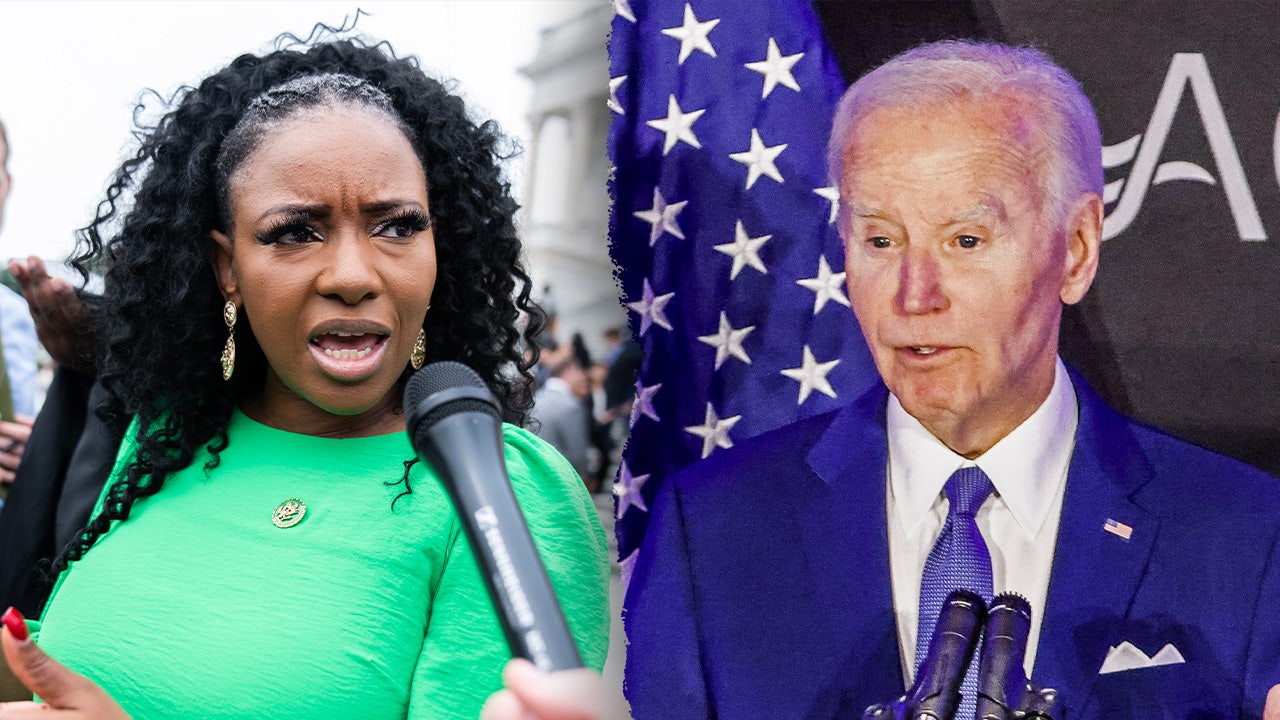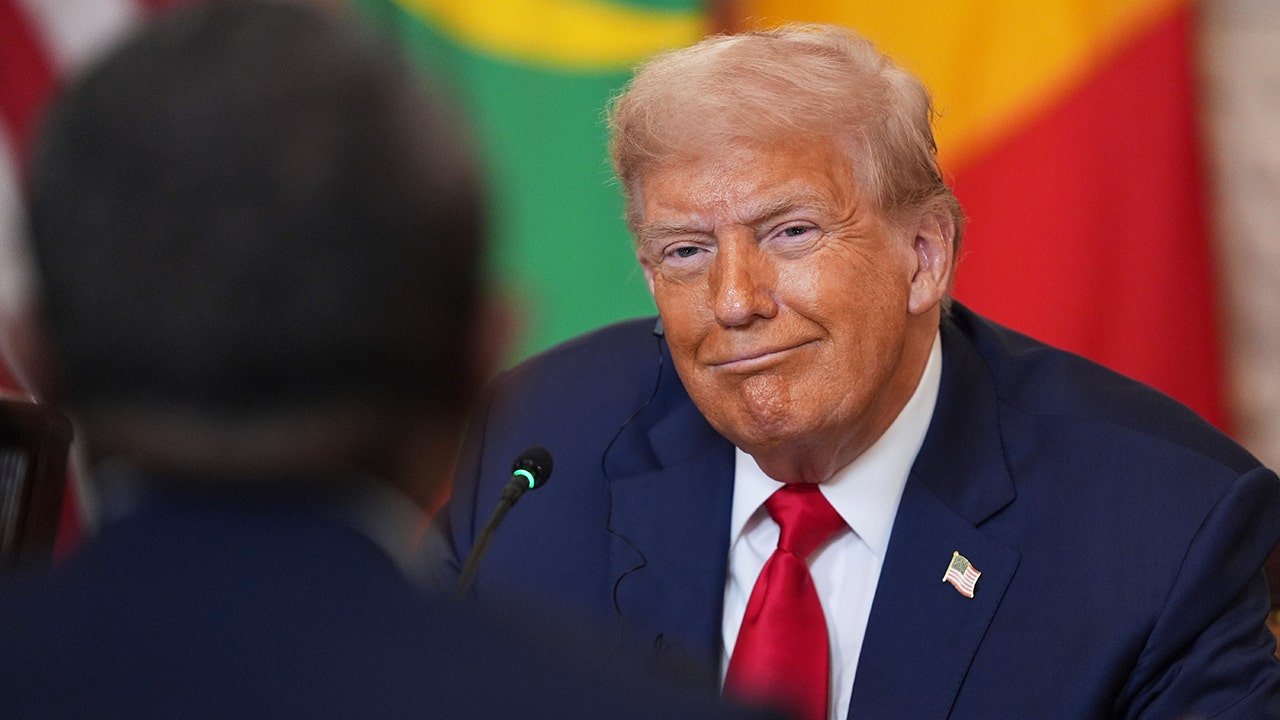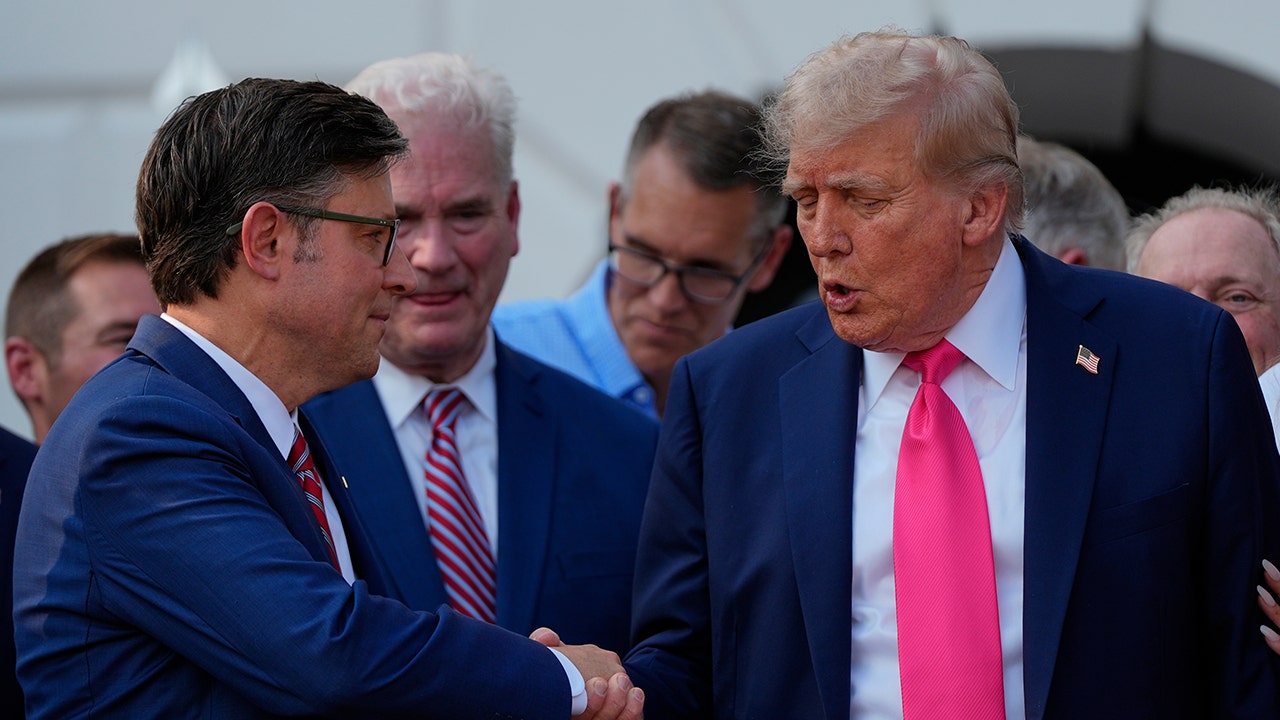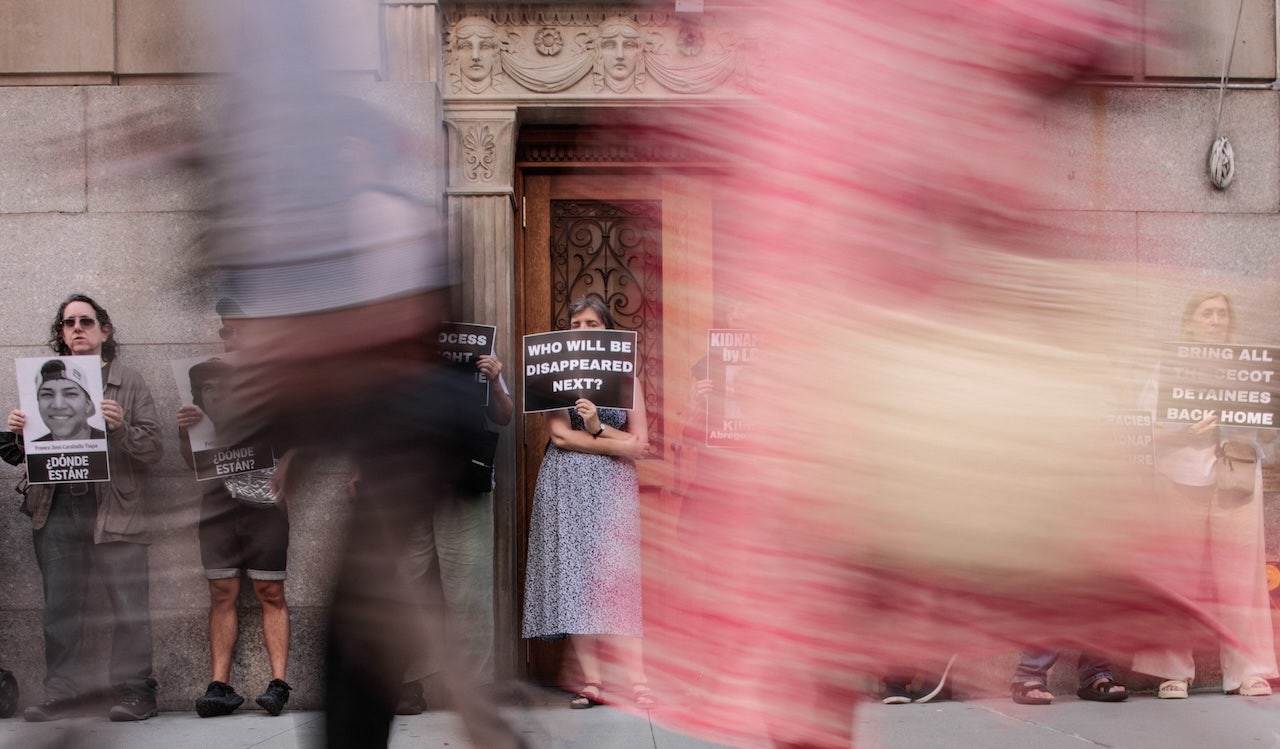Marco Rubio calls out South Africa, refuses to attend G-20 summit
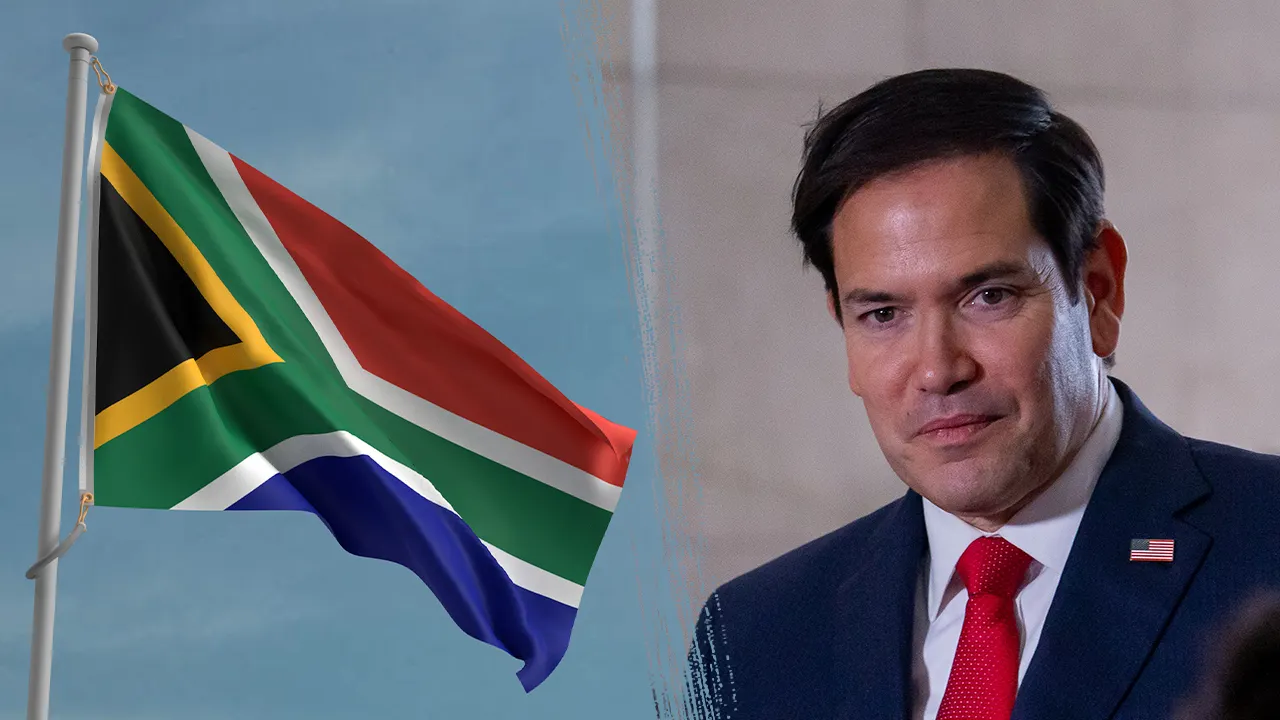
Secretary of State Marco Rubio has made headlines by announcing his refusal to attend this year’s Group of 20 (G-20) summit in Johannesburg. The reason for his protest is the controversial land seizure bill signed into law by the South African government last week.
The bill allows South African authorities to expropriate land for a public purpose or in the public interest, promising just and equitable compensation to those affected. This issue has long been a point of contention in South Africa, where the majority of citizens are Black but most landowners are White.
One of the most contentious aspects of the law is that it permits expropriation of land without compensation under certain circumstances deemed just and equitable and in the public interest. This provision has sparked outrage both domestically and internationally.
Rubio took to social media to express his strong stance on the matter, stating definitively that he will not be attending the G-20 summit in solidarity with those affected by the land seizure bill. He criticized South Africa for expropriating private property and using the summit to promote solidarity, equality, and sustainability, which he believes goes against America’s national interests.
President Donald Trump’s administration has also been vocal in its criticism of the land seizure bill. Trump called the situation a massive human rights violation and vowed to cut off all future funding to South Africa until a full investigation is conducted.
In response, the South African government has denied any unjust confiscation of land and expressed willingness to engage with the Trump administration on the matter. President Cyril Ramaphosa emphasized the importance of dialogue to reach a common understanding on land reform policy.
Analysts have suggested that Trump’s comments may be linked to the ongoing violence against farmers in South Africa, with commercial farmers being significantly more likely to be attacked in their homes than the general population.
As the debate continues to unfold, Rubio’s decision to boycott the G-20 summit sends a strong message about the importance of protecting property rights and promoting national interests. The international community will be closely watching how this situation evolves and whether diplomatic efforts can lead to a resolution.

